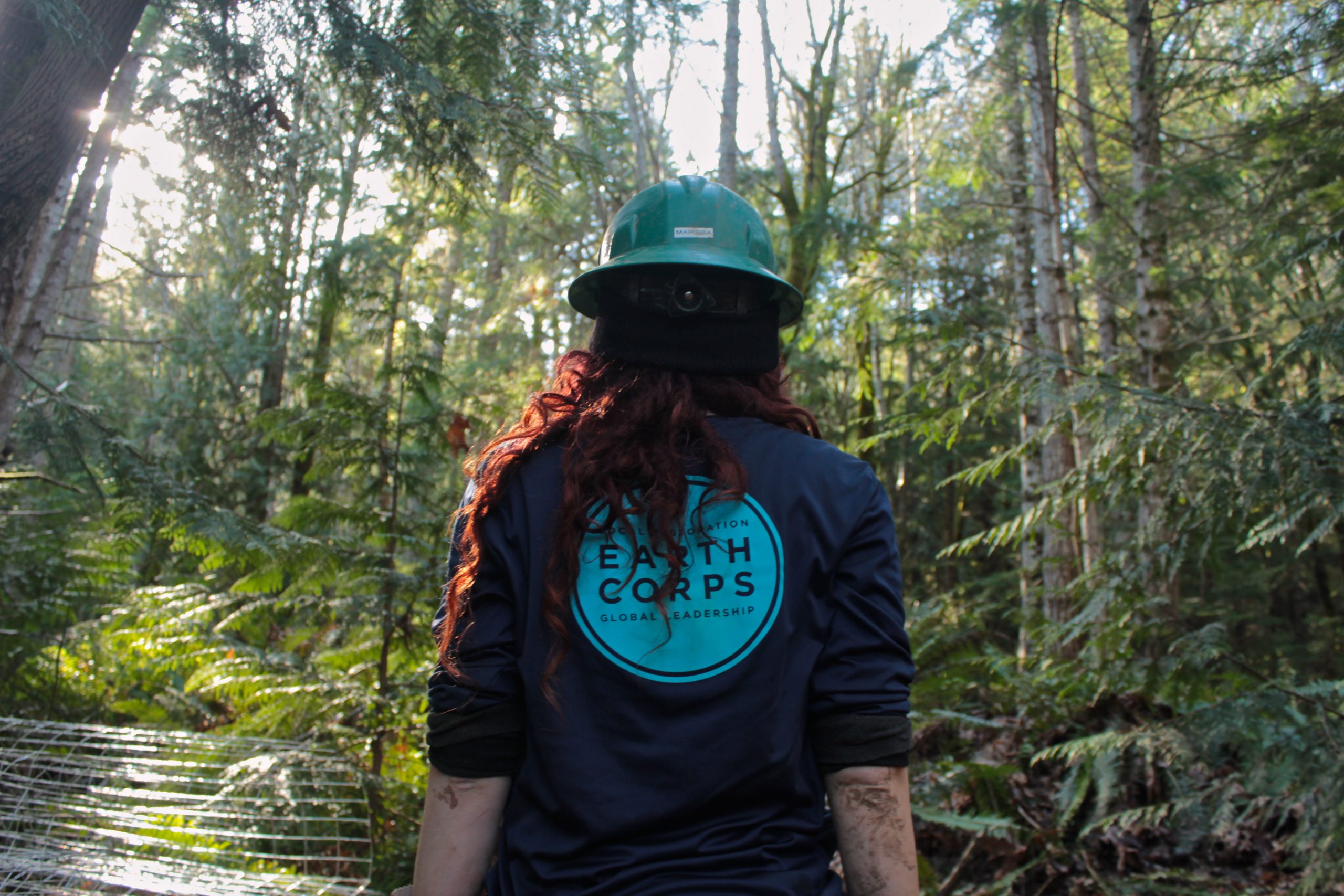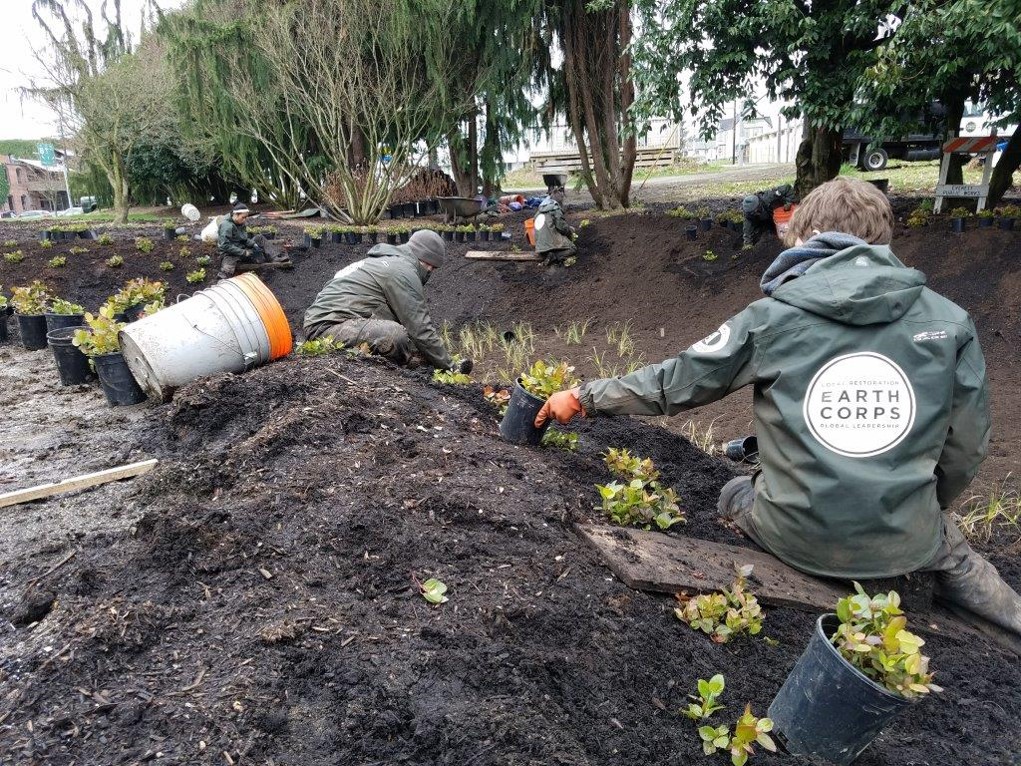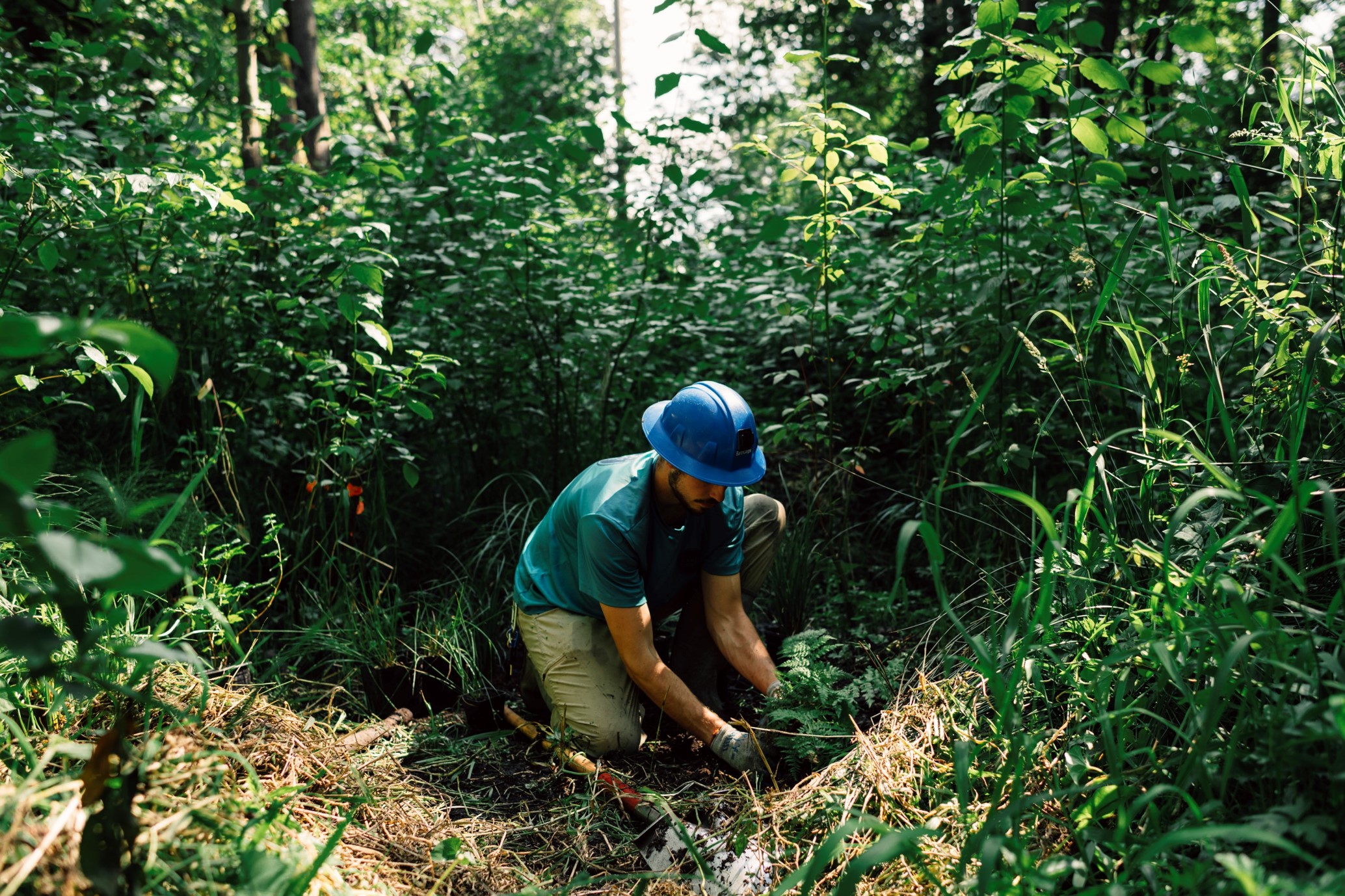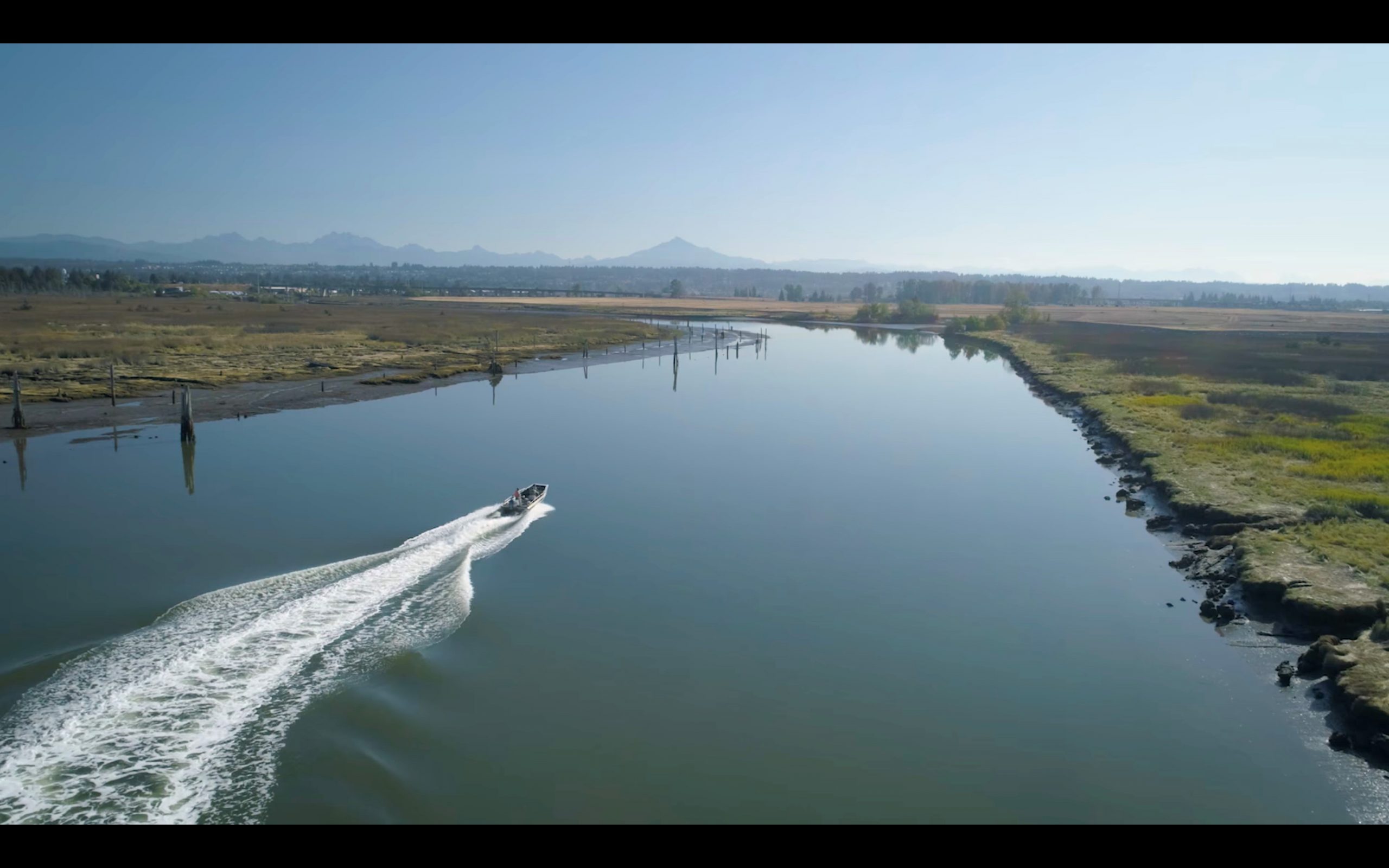“Climate change is a big problem and we’re going to need a whole range of solutions to solve it. One of those solutions is to get better at harnessing the role that ecosystems play. It’s a solution that’s available now.”
Climate change is accelerating ecosystem degradation and disrupting life as we know it. But we believe a better world is possible, and we’ll keep working hard to achieve it! According to a recent United Nations Environment Programme report, reviving ecosystems can deliver nature-based solutions to societal and climate challenges. Ecosystem restoration and other natural solutions could contribute over one-third of the total mitigation required to keep global temperature rise below two degrees Celsius by 2030. Restoration can also curb the risk of mass species extinctions and future pandemics.
We know that restoration is only part of the solution and that rapid emission reductions across all sectors worldwide is needed. Yet we know it will take a global movement to restore our planet, and we are committed to doing our part.
EarthCorps is honored to be part of the UN Decade on Ecosystem Restoration, which aims to catalyze a global movement among local communities, activists, women, youth, Indigenous groups, private companies, financial investors, researchers, and governments at all levels. Everyone can get involved—even you! Want to learn more? Join #GENERATIONRESTORATION
Maintain Resilient Ecosystems
Much of EarthCorps’ work to mitigate the impacts of climate change center on the need to create and maintain resilient ecosystems.
A resilient forest, wetland, or riparian habitat recovers more quickly after disturbances such as flooding, high temperatures, and drought, which are becoming more frequent due to climate change.
EarthCorps helps to create and maintain resilient ecosystems by:
- Increasing carbon sequestration by restoring forests, coastlines, wetlands, and riparian habitats.
- Reducing the urban heat island effect (rising urban temperatures) by planting urban trees.
- Reducing urban flooding by installing and maintaining green stormwater infrastructure such as bioswales and rain gardens that create habitat and improve water quality and community life.
- Mitigating storm surge and shoreline erosion by increasing water infiltration and retention through riparian habitat restoration.
Tree Planting
The world needs more trees and healthy forests in order to address climate change. Trees and healthy forests absorb carbon from the air, protect against severe flooding and storms, and provide shade—which helps soil retain moisture. In urban areas, trees help reduce energy consumption when it’s hot.
Since 1993, EarthCorps has planted more than 1.7 million native shrubs and trees, including beloved evergreens like western red cedars and Douglas firs. In 2020, we removed 20,768 tons of carbon dioxide* from the air just through planting trees and shrubs. *Estimate by i-Tree based on 2020 planting – over a span of 40 years.
Wetland Restoration and Blue Carbon
Blue carbon refers to the high levels of carbon dioxide stored in coastal wetlands.
These undervalued areas bury carbon by removing carbon dioxide—a leading cause of warming—from the atmosphere at a rate 10 times that of forests. Each year, America loses more wetlands than it restores.
Watch the story of how coastal wetlands mitigate climate change and reduce carbon pollution to benefit all people.
This video, filmed in the Snohomish Estuary in the Puget Sound region, is presented by EarthCorps and Restore America’s Estuaries.
Developing Global Leaders
Through our corps program we are building a global community of environmental leaders with the skills and experiences to make a difference on issues like climate change.
EarthCorps has helped develop more than 1,000 global environmental leaders from nearly 80 countries. EarthCorps’ alumni think critically and strategically and work closely with governments and communities around the world. Many of our alumni are focused on climate change issues, working to support environmental and climate action for a better future.





